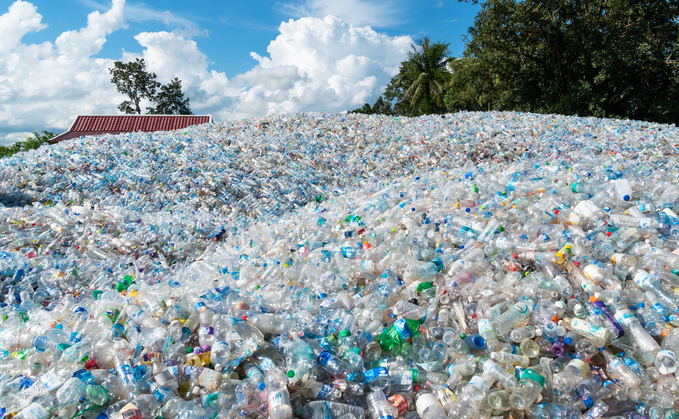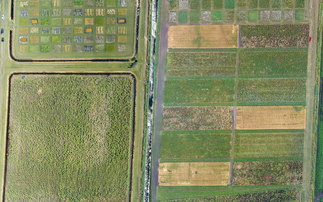
Credit: iStock
But demand for polluting fossil fuel-derived plastics could peak by 2035 if business and government works together to create a more sustainable plastic supply chain, report finds
The predicted rise in plastic use between now and 2050 is on track to eat up more than an eighth of the world's carbon budget, according to a new analysis from Wood Mackenzie.
The influential analyst told BusinessGreen earlier this month that its base level scenario will see plastic demand more than double by 2050 as consumption rises among growing middle classes in Africa and Asia.
Current trends are on track to drive a 178Mt increase in plastic between now and 2050, a rise which will seriously undermine the global drive to cap global temperature rise at safe levels, according to Wood Mackenzie. The 48 gigatonnes of greenhouse gases that would be emitted to meet the additional demand for plastic could burn through 12 per cent of the remaining carbon budget to reach 1.5C, it said.
But the report notes it is possible to avert this outcome, if financiers and businesses and work together to drive a significant drop in plastic use, increase recycling rates, and accelerate the shift away from fossil fuel-derived plastics.
"The most effective method for managing plastic waste is to reduce [consumption], whether that's via policy and legislation - for example, a ban on single-use plastic - or packaging redesign which eliminates the use of plastic, for instance using the tap rather than buying a plastic bottle of water," Rob Gilfillan, head of applications, fibres films and flexible packaging at Wood Mackenzie, told BusinessGreen in an email.
Enhanced sustainability reporting at major petrochemical companies will also help drive progress towards a more sustainable plastic industry, by making the industry more accountable and enabling more scrutiny of business practices, according to Wood Mackenzie.
In a scenario where stringent policy measures are introduced to change the way plastics are used and the right investments are made in new technology and recycling infrastructure, plastic use could rise by 88Mt between now and 2050, or 90Mt less than in its base level scenario.
Under this scenario, virgin plastic produced with fossil fuels - which currently makes up 85 per of current plastic feedstock - would peak by 2035, with demand for oil into chemicals set to peak at 80Mt in the mid-2030s.
Gilfillan said this outcome depended on all actors playing a part in overhauling the way plastic is used in modern society. "Across the entire chain, from brands to waste recyclers to petrochemical companies, there is a need to take ownership and make transformative changes in how we make and consume plastic to have any chance of meeting the Paris Agreement and to limit global warming to within 1.5C of pre-industrial levels," he said.
The news comes as the European Commission this week unveiled a sweeping new package of policy proposals designed to slash levels of packaging waste, including plans to require plastic packaging to contain a certain amount of recycled material, ban a raft of single use items, and standardise recycling collection processes.
This article is part of the Net Zero Commodities Hub, hosted in partnership with Wood Mackenzie.










